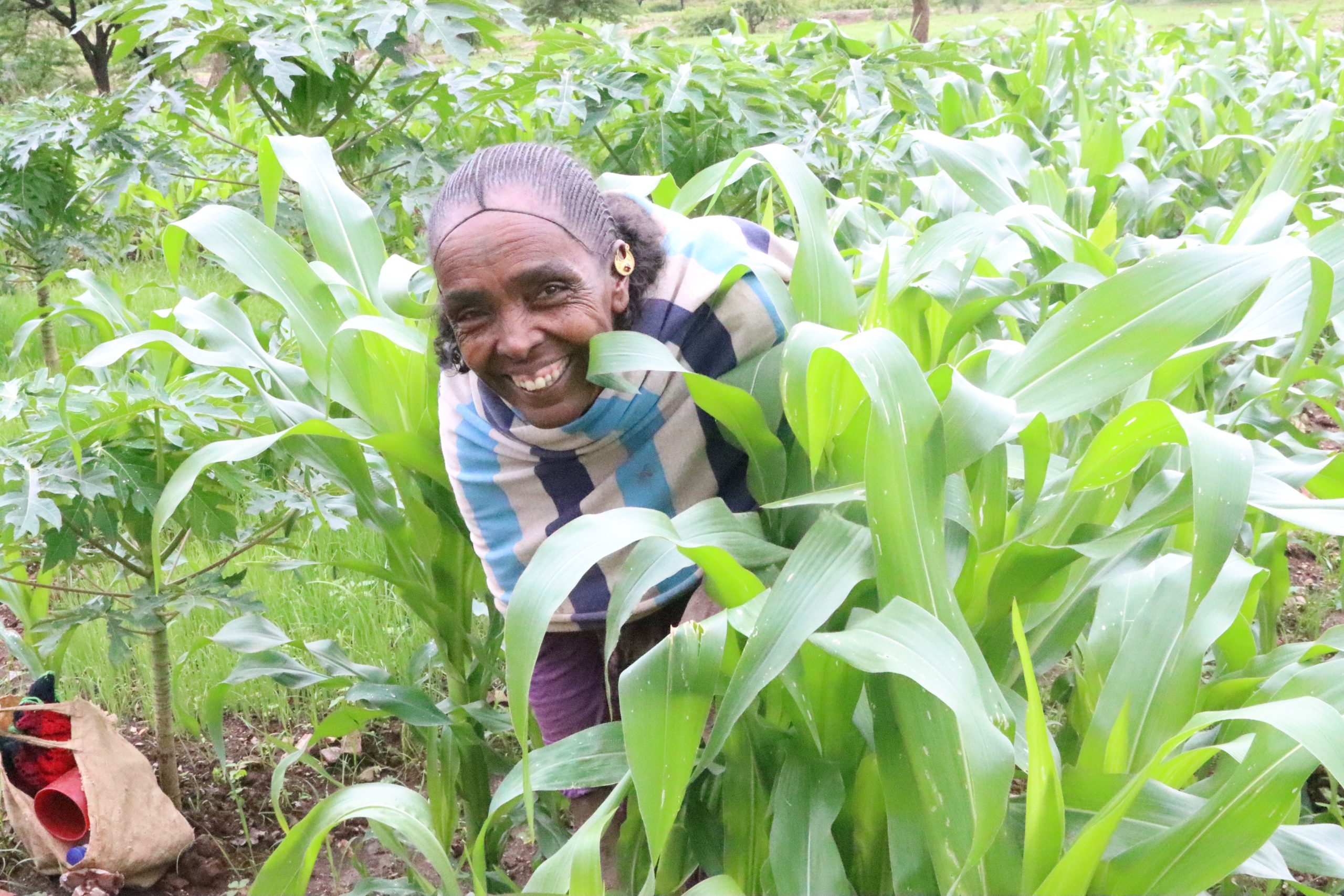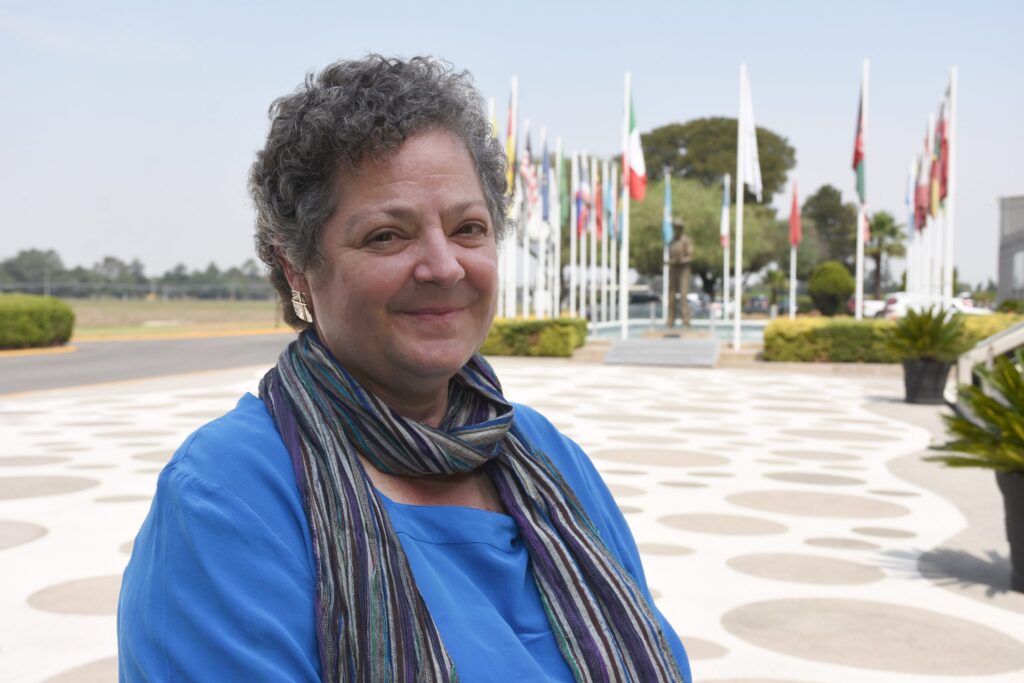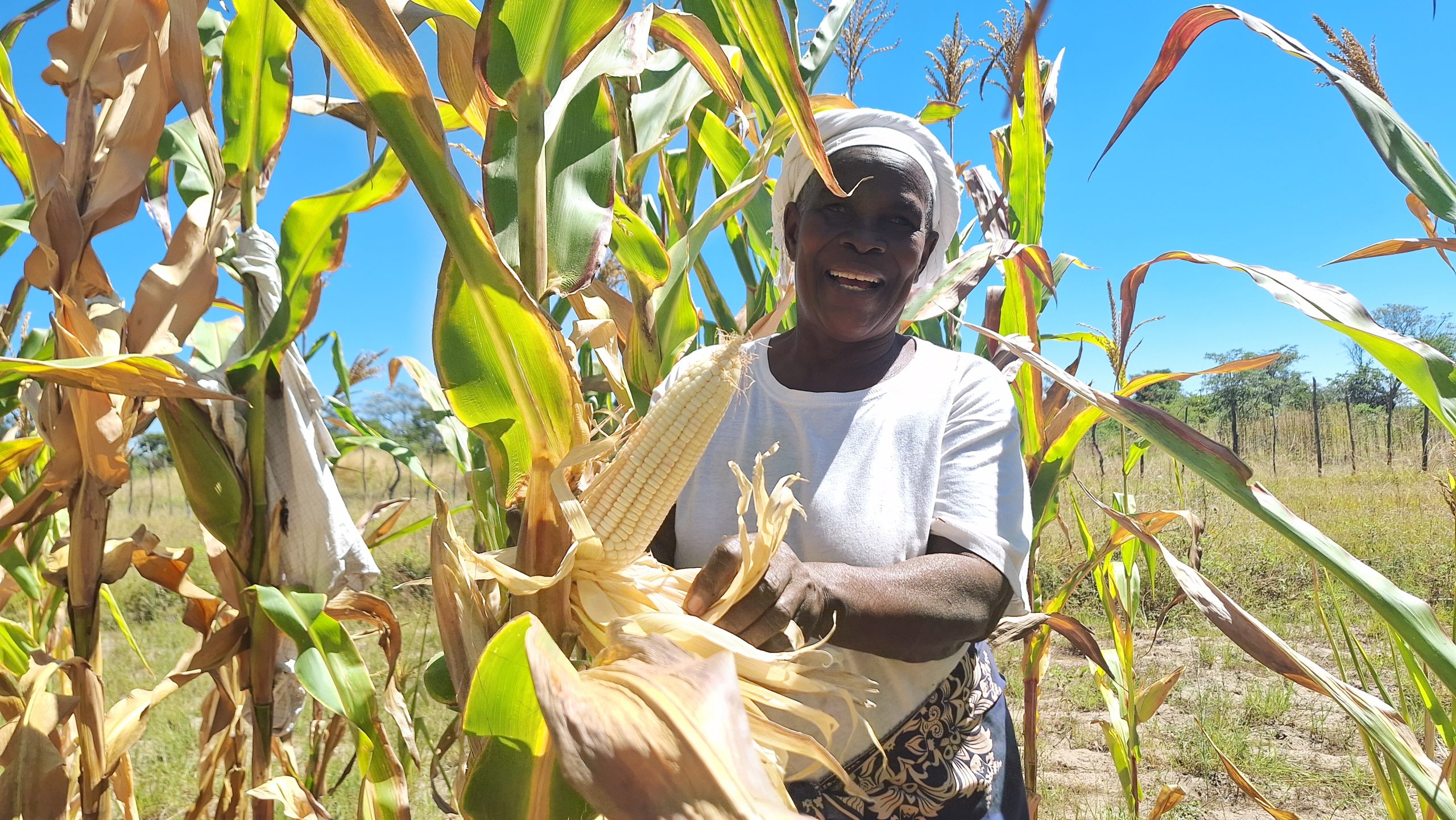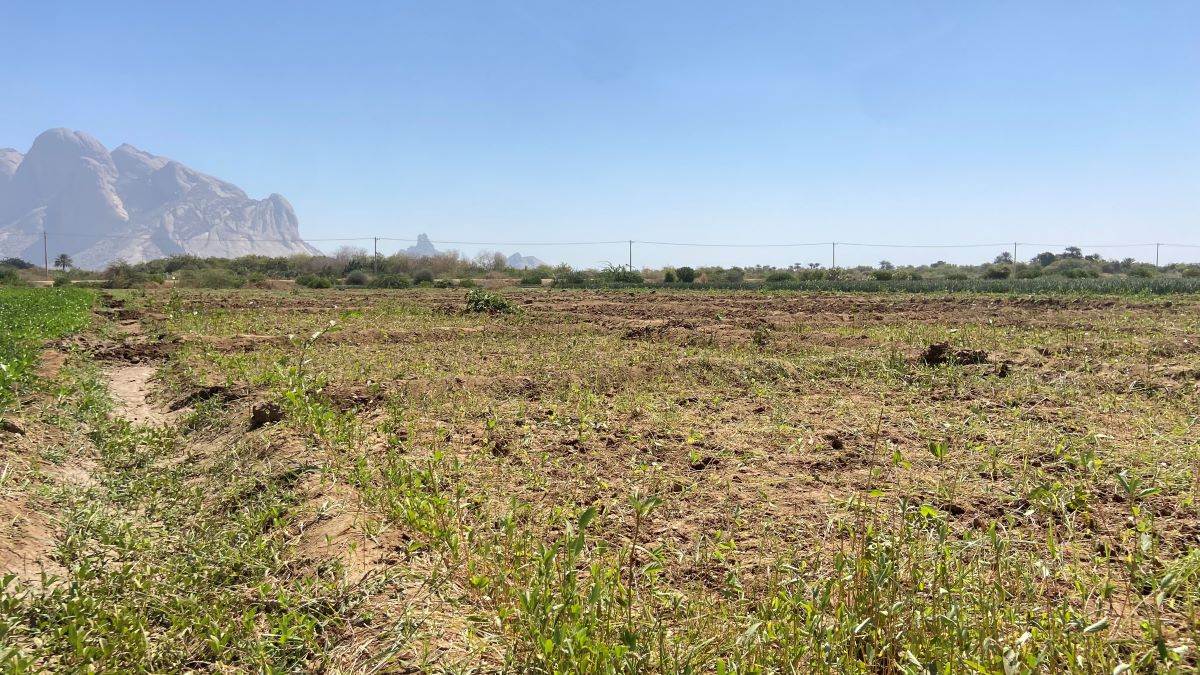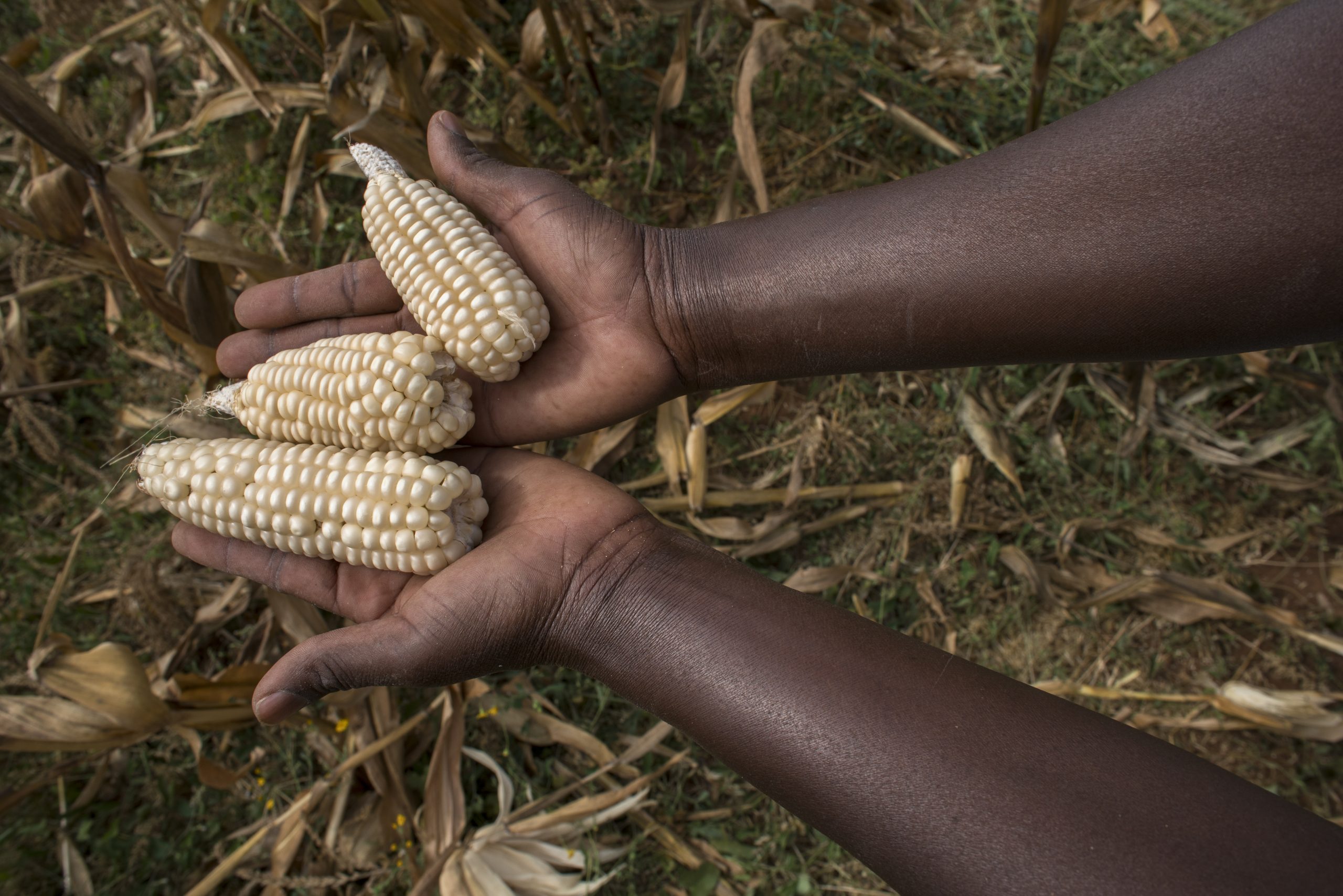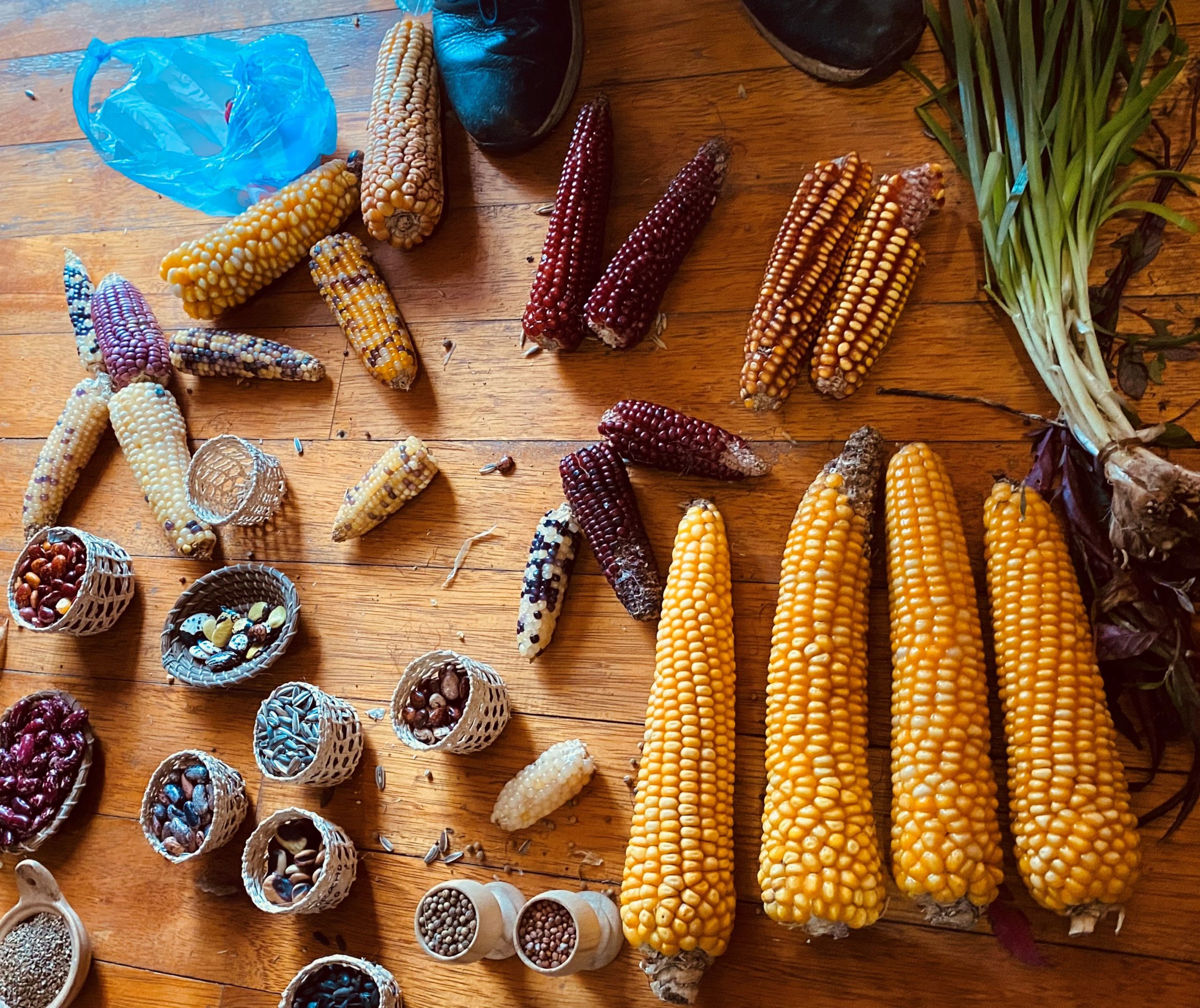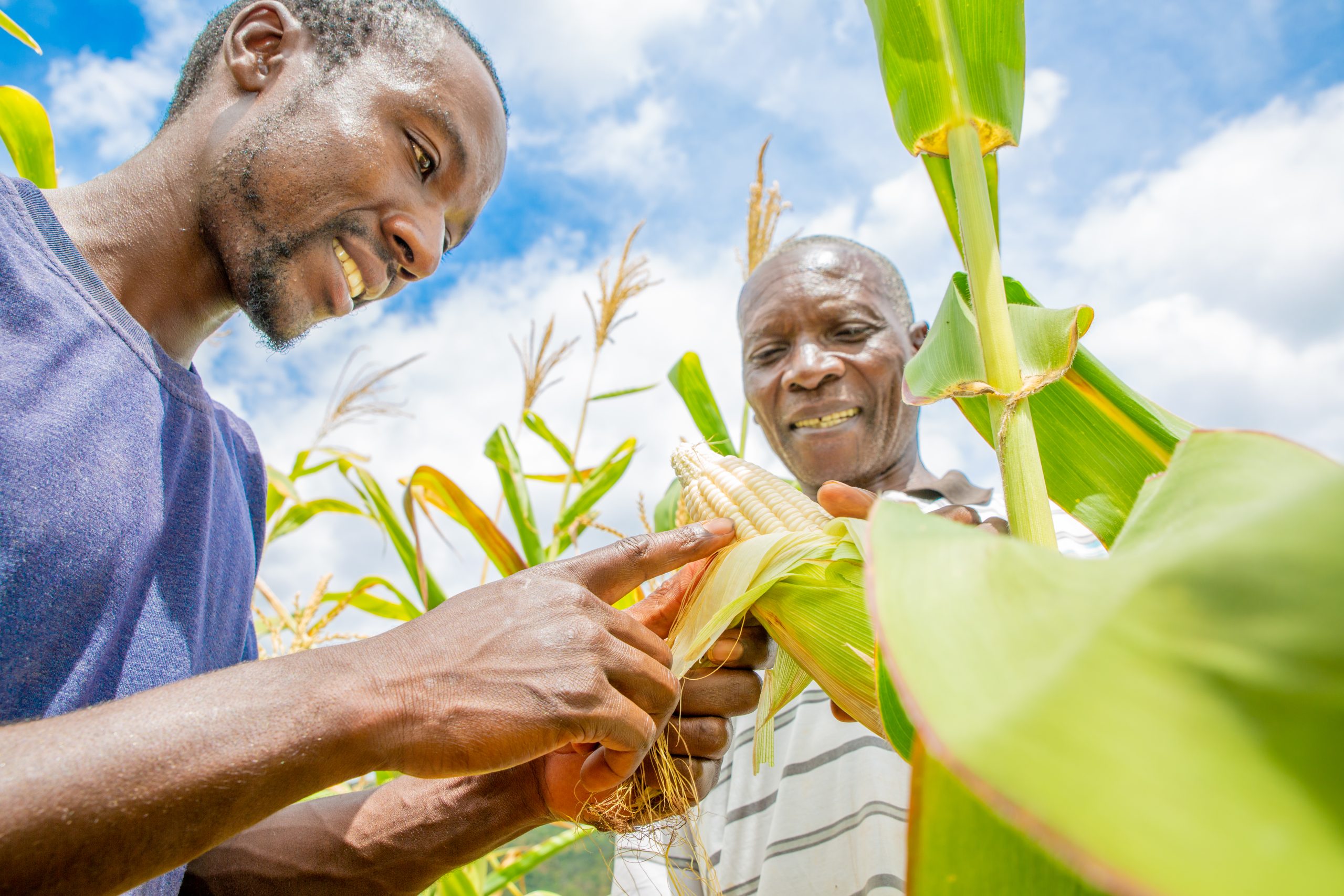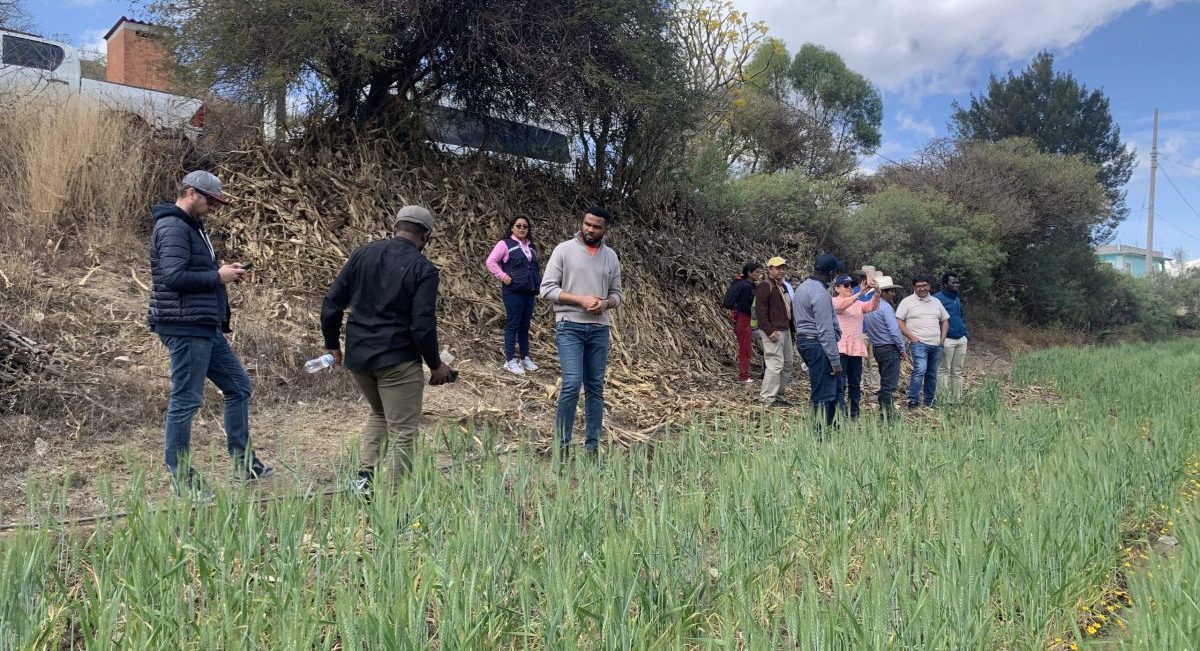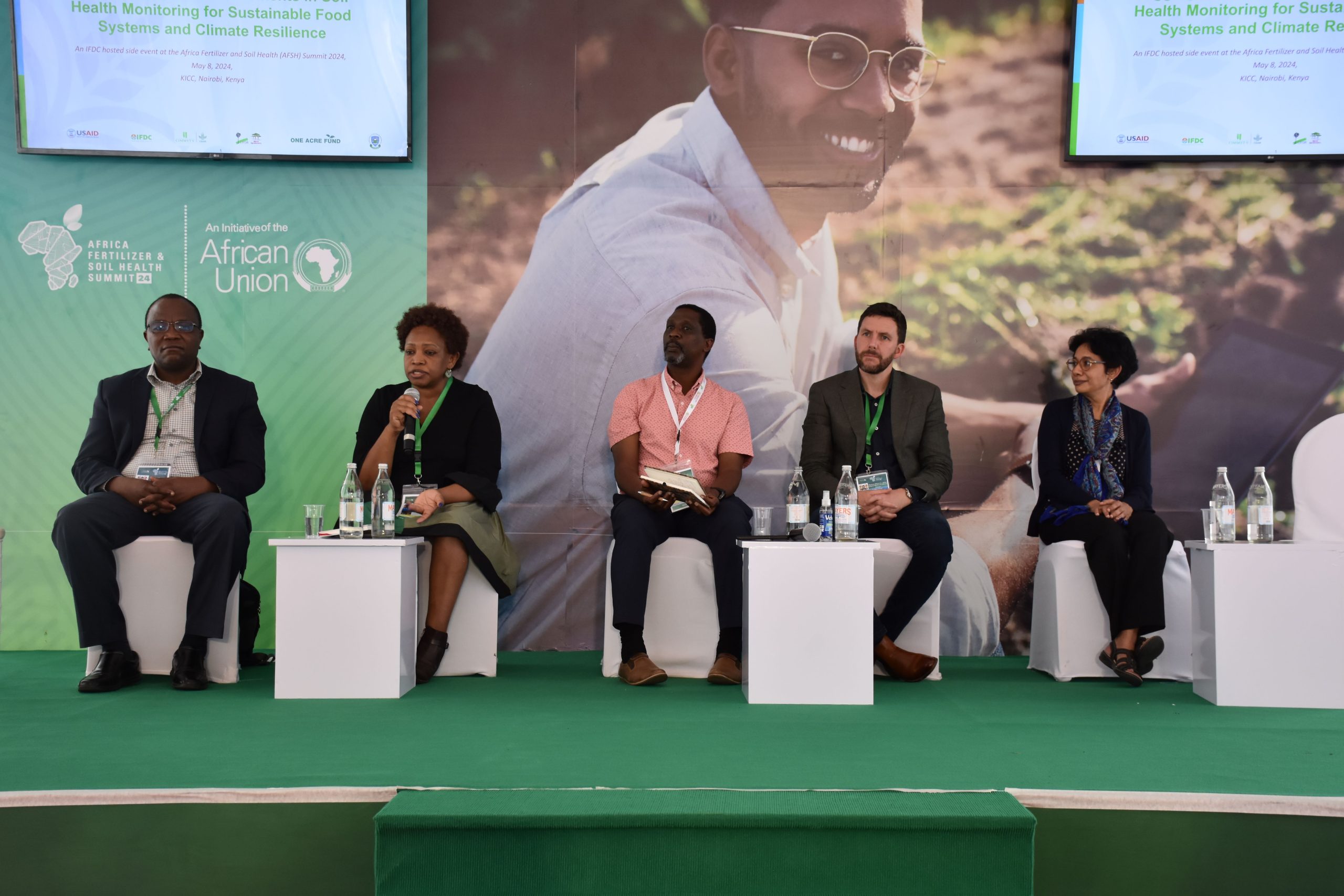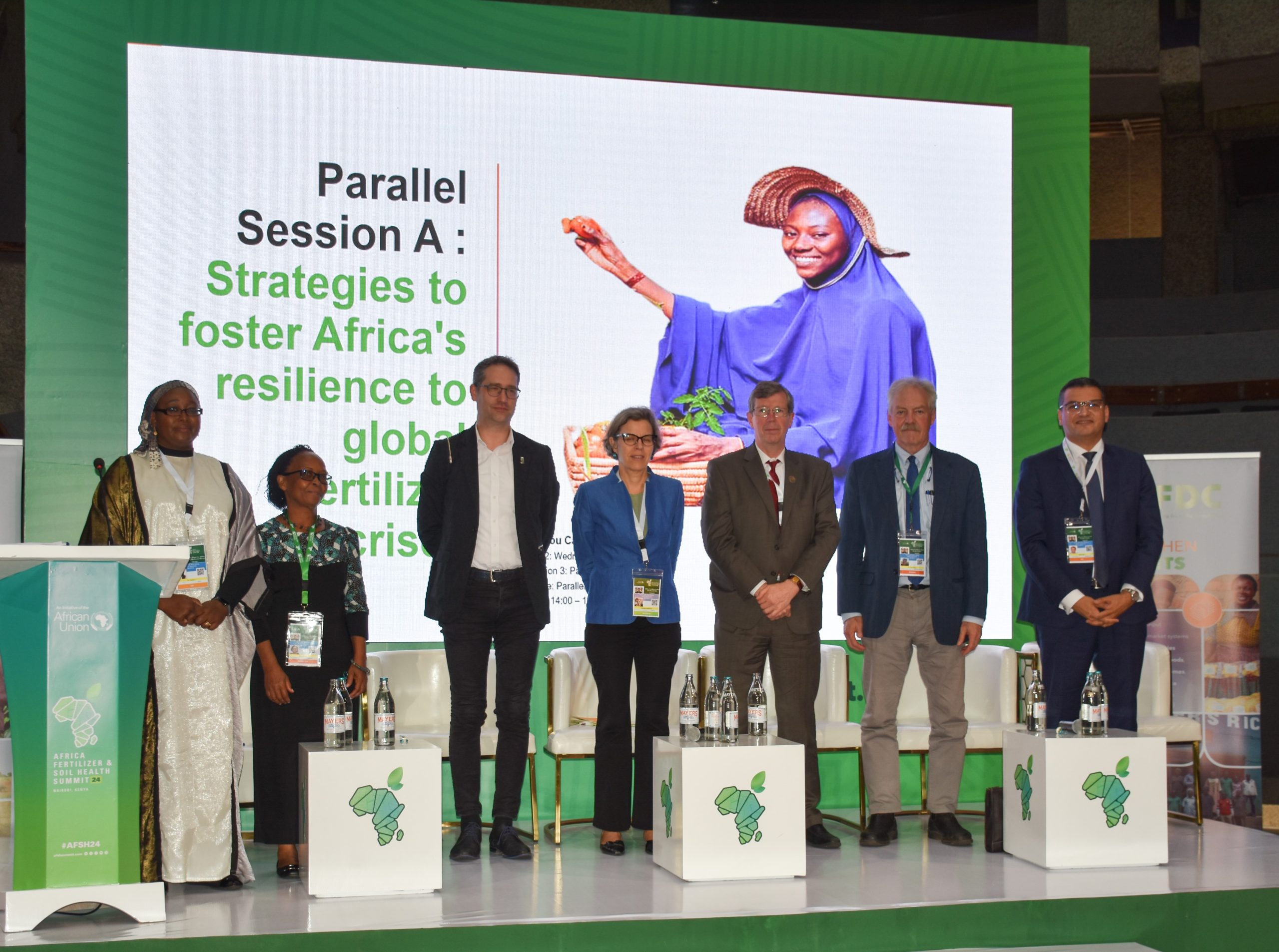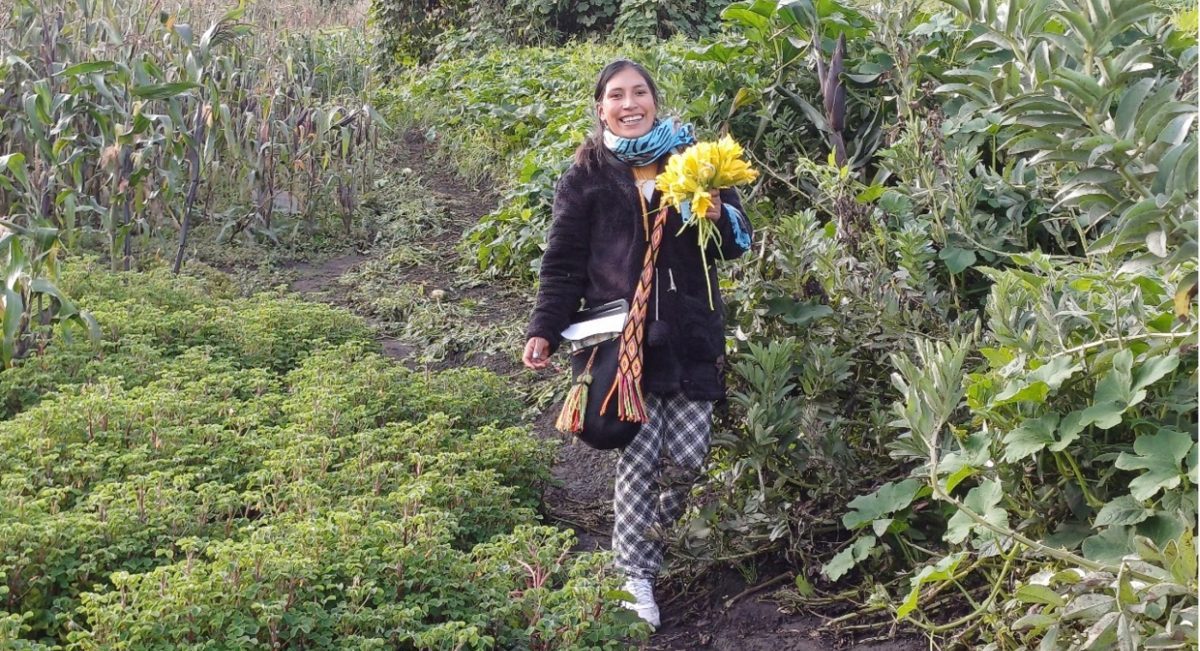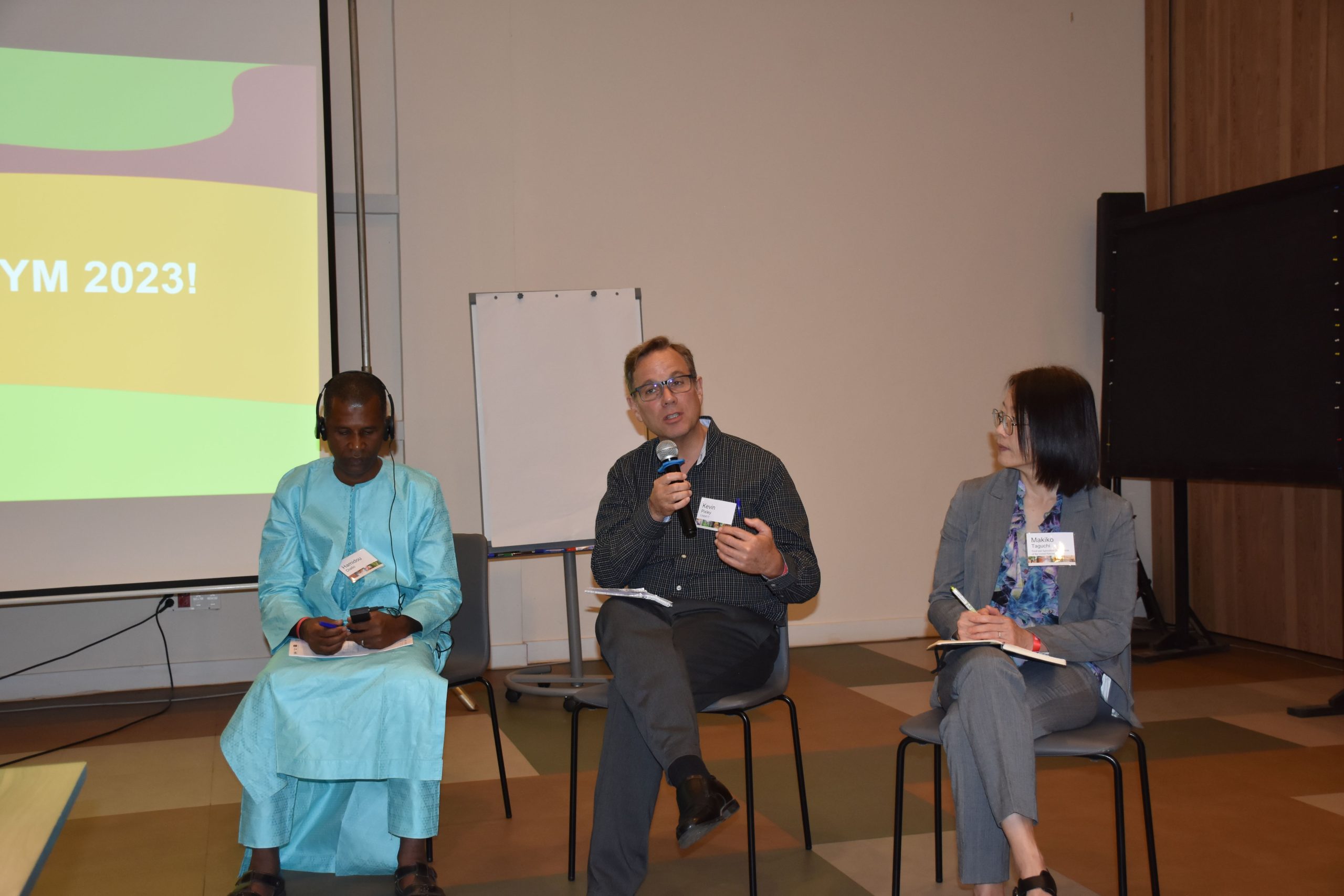Blogs
Building Resilience in Tigray: How CSA is pioneering sustainable agriculture in Ethiopia
 Climate adaptation and mitigation
Climate adaptation and mitigation
Adoption of Climate Smart Agriculture (CSA) technologies and practices in Tigray, Ethiopia, praised by CIMMYT scientists and partners
Buffering Climate Extremes in Zambia: The Essential Role of Delivery with a Difference
 Climate adaptation and mitigation
Climate adaptation and mitigation
CIMMYT’s AID-I initiative helps Zambian farmers adapt to climate change by providing drought-tolerant crops and essential agricultural support
Enhancing farmer’s crop productivity with resilient maize varieties tailored to their needs
 Climate adaptation and mitigation
Climate adaptation and mitigation
For more than a decade, the participatory regional on-farm trials (ROFT) have involved hundreds of farmers to identify the most suitable new maize hybrids, contributing to CIMMYT’s mandate of tackling food and nutrition insecurity through advanced breeding methods
How Training Farmers to Produce Improved Seeds helps Mitigating Food Insecurity in the Conflict-Ridden Sudan
 Capacity development
Capacity development
Working with partners, CIMMYT’s Sustainable Agrifood Systems Approach for Sudan (SASAS) program empowers farmers and herders to reduce the need for humanitarian assistance even in conflict-affected Sudan
Bridging research and policy: how CIMMYT’s science shapes practice in South Asia
 Climate adaptation and mitigation
Climate adaptation and mitigation
To truly make a difference, research must speak the language of policy. CIMMYT scientists in Bangladesh ensure their work translates into practical solutions for agrifood systems
Potential for independent performance information to shape farmers’ seed choice for hybrid maize: Insights from Kenya
 Climate adaptation and mitigation
Climate adaptation and mitigation
CIMMYT uses innovative survey technique to quantify how farmers seed purchases can be influenced by information on product performance
Helping farmers access waterlogged agricultural lands amid prevailing food insecurity in Sudan
 Environmental health and biodiversity
Environmental health and biodiversity
CIMMYT’s Sustainable Agrifood Systems Approach for Sudan (SASAS) program works to ensure that farmers have access to rich agricultural lands to cultivate their main staple and cash crops and enhance food production amid escalating conflict and prevailing food insecurity.
Helping Colombia’s smallholder farmers to leverage and preserve maize diversity
 Climate adaptation and mitigation
Climate adaptation and mitigation
To enhance the food security of Colombian smallholder farmers, a group of CIMMYT specialists and local organizations are studying maize value chains in various regions of the country to establish effective strategies for the conservation and production of native maize, particularly to link farmers with niche markets
There’s an increasing interest for hubs in Mexico
 Capacity development
Capacity development
Under the umbrella of CGIAR’s initiative in Excellence in Agronomy, worldwide experts are coming to Mexico to learn more about the hubs’ methodology and how its scientific results are reaching farmers.
Digital solutions advance soil health for sustainable food systems and climate resilience
 Climate adaptation and mitigation
Climate adaptation and mitigation
Digital tools that improve access to information and enhance farmers’ ability to learn, innovate, and adapt will play a significant role in advancing soil health.
Experts discuss strategies to address soil health challenges and the fertilizer crisis in Africa
 Innovations
Innovations
Fertilizer plays a vital role in agriculture, yet often negatively impacts the environment. At the 2024 Africa Fertilizer and Soil Health (AFSH) Summit, experts shared their experiences of addressing this global challenge.
Children, native maize, and gender perspectives
 Gender equality, youth and social inclusion
Gender equality, youth and social inclusion
In Colombia, sustainable agriculture specialists are developing participatory diagnostics that will pave the way for agricultural biodiversity conservation. Inclusive workshops for children providing childcare during workshops and training events have helped empower women by increasing their ability to participate.
Transforming agriculture in sub-Saharan Africa: a new dawn for millet production
 Climate adaptation and mitigation
Climate adaptation and mitigation
As climate challenges intensify, a groundbreaking initiative is underway to revolutionize millet production in sub-Saharan Africa, leveraging the crop’s resilience and nutritional benefits to ensure sustainable food systems. A multi-faceted approach to enhancing millet production sets the stage for future initiatives and research aimed at realizing the full potential of millets in Africa.
